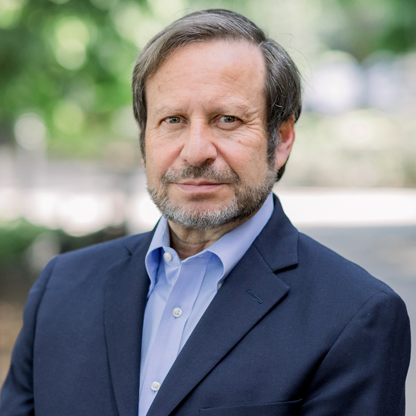Sessions With Steven E. Koonin
Thursday, 14 March
-
09:00am - 10:00am (CST) / -
Geo-engineering: How real & how immediate?
Power Technology/InnovationSolar Radiation Management or Solar Geoengineering techniques aim to reflect a small proportion of the Sun’s energy back into space, counteracting the temperature rise caused by increased levels of greenhouse gases in the atmosphere. What is the cost and technical feasibility of these technologies? What are the political, ethical, legal issues? What are the risks of these approaches? What will be some of the potential deployment strategies?
- Speakers:
- Atul Arya
- David W. Keith
- David G. Victor
- Steven E. Koonin
-
02:00pm - 03:00pm (CST) / -
Powering the Cities of the Future
Panel Technology/InnovationCities are at the heart of the energy transition to a lower carbon world. How will innovation in building design and systems evolve to meet increasingly demanding goals of reduced energy use and efficiency? How is technology and data science being applied to shape the urban environment of the future? What are the opportunities and risks for incumbent and new operators to power the city of the future?
- Speakers:
- Roger Kranenburg
- Steven E. Koonin
- Naheed Nenshi
- Barbara Humpton
Friday, 15 March
-
11:45am - 12:45pm (CST) / -
Energizing Energy Innovation: The long view
Panel Finance/Trading/Risk Management Technology/Innovation- Speakers:
- Carlos Pascual
- Robert Armstrong
- Jim Goldinger
- Steven E. Koonin
- Connor Prochaska
- Vijay Swarup

